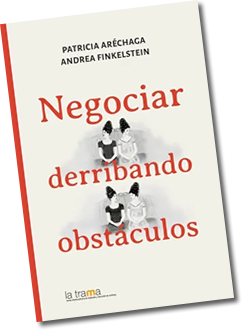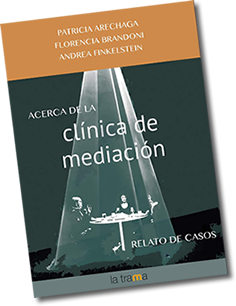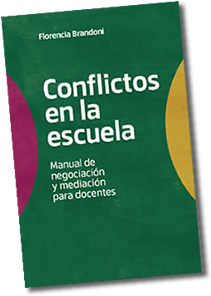-
El registro es gratuito. Luego de completarlo recibirá claves en su casilla de E-mail, para descargar los artículos y recibir novedades.
- Más información

- Descarga Gratuita

- Descarga Gratuita

Número 10 / Mayo 2004
Negociación

Enrique Cárrega
El deber de negociar de buena fe
Este principio de buena fe, reconocido en el Código Civil para la celebración, interpretación y ejecución de los contratos, se encuentra como principio rector en la ley 14.250.
Se negocia de buena fe cuando no se defrauda o abusa de la confianza del otro, cuando se guarda fidelidad a la palabra dada y cuando ambas partes son colaboradoras y solidarias. Para saber si se está negociando de buena fe, en cada caso deberá hacerse un juicio valorativo. Por ejemplo, si ambas partes, convocante y convocado se reúnen para negociar, no guardarían fidelidad a la palabra empeñada si su postura fuera totalmente intransigente, si exigiera determinadas condiciones y no escuchara las razones de la otra parte. En este caso, se estaría además abusando de la confianza del otro, pues aunque finge negociar, no es esa su verdadera intención y de hecho no negocia.
The Obligation to Negotiate in Good Faith
The principle of good faith, which is recognized in the Civil Code for the creation, interpretation and execution of contracts, is a governing principle of Law 14.250.
Negotiations carried out in good faith are those in which one party does not defraud or take advantage of the trust of the other, where parties keep their word, and where both parties work together toward a common goal. In each case, a value judgement must be made in order to determine whether or not parties are negotiating in good faith. For example, where convener and convened meet to negotiate, a party would not be keeping his word if he were to adopt an intransigent position, set conditions and fail to listen to the concerns of the other party. In this case, the intransigent party is also taking advantage of the trust of the other party by pretending to negotiate when he or she really has not intention of doing so.
 Descarga de documento
Descarga de documento
Enrique Cárrega: Abogado Mediador matriculado por el Ministerio de Justicia bajo el Nº 704, 1996. Se ha capacitado en Cursos y Seminarios en el exterior, tales como el “Workshop de Negociación” dictado por Roger Fisher en Harvard University 1995. “Workshop Avanzado de Negociación” dictado por Roger Fisher y Julio Decaro en Harvard University, 2000. Profesor Titular de Relaciones Gremiales en la Universidad del Salvador. Profesor Titular de Formas Alternativas de Resolución de Conflictos en la Facultad de Ciencias Sociales de la Universidad de Buenos Aires. Miembro de la I.A.C.M. International Association for Conflict Management, Miembro de la American Arbitration Association, de la Inter Bar Association, de la International Bar Association y Vicepresidente del Club de Negociadores.
Enrique Cárrega: Mediator/Attorney certified by the Ministry of Justice (Nº 704, 1996), trained abroad in such courses and seminars as: “Negotiation Workshop,” given by Roger Fisher at Harvard University in 1995, and “Advanced Negotiation Workshop,” given by Roger Fisher and Julio Decaro at Harvard University in 2000. Cárrega is a professor of Labor Relations at the Universidad de Salvador; professor of Alternative Dispute Resolution Methods at the Universidad de Buenos Aires Faculty of Social Sciences; and member of the International Association for Conflict Management (IACM). He is also a Member of the American Arbitration Association, the Inter Bar Association, the International Bar Association and Vice President of the Negotiators Club. ATENCION: Si tiene problemas para descargar el archivo, haga click con el boton derecho de su mouse sobre el link de arriba y elija la opción "Guardar destino como..."Para ver los documentos completos es necesario el programa Acrobat Reader. Si no lo tiene puede descargarlo desde el sitio de Adobe de manera gratuita.

